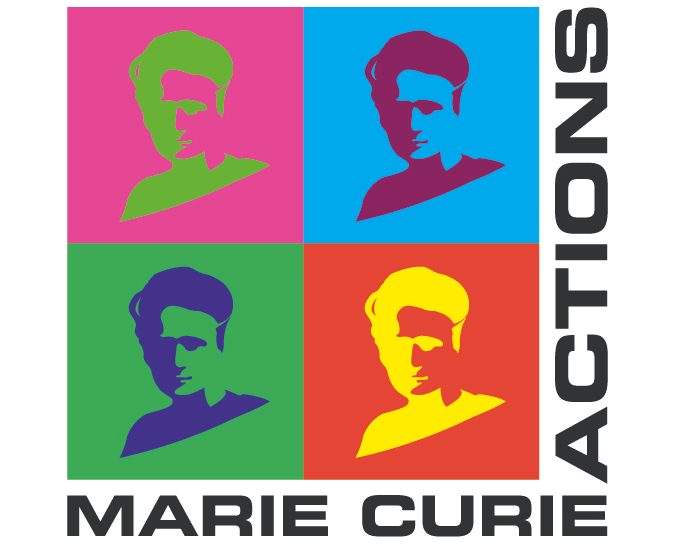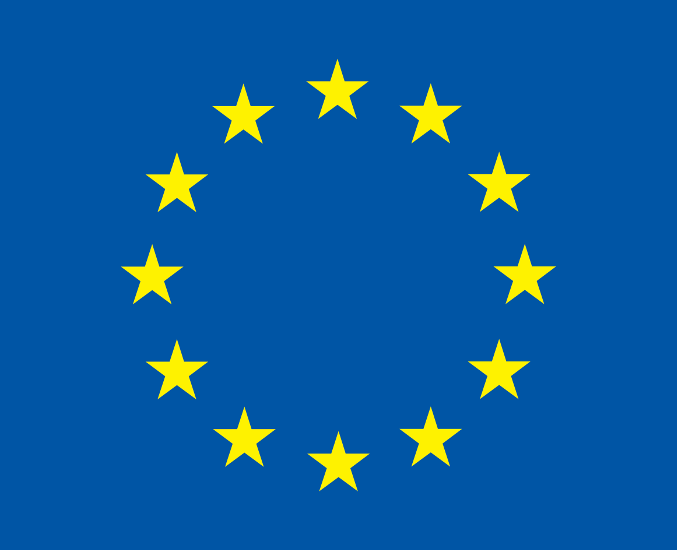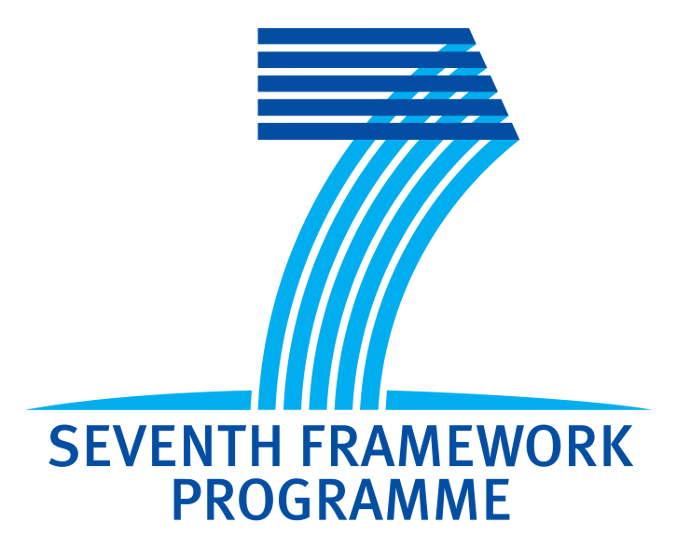ER 1 | Digital editions vs. digital libraries (HB) | Wout Dillen
ER 2 | Dynamically Structured Editions (NUIM) | Linda Spinazzè
ER 3 | Requirements for a publication infrastructure (UOX) | Magdalena Turska
ER 4 | Tool integration in the digital edition (UoC) | Gioele Barabucci
ER 5 | Canonical reference & sustainability of digital editions (Graz University) | Roman Bleier
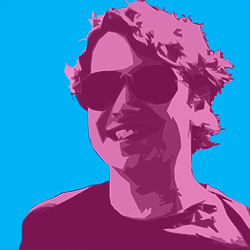 ER 1: Digital scholarly editing and memory institutions
ER 1: Digital scholarly editing and memory institutions
Wout Dillen | Borås | Introduction Post
Supervisor: Dr. Mats Dahlström
Host: University of Borås
Duration: 12 months
Start date: March 2016
Objectives:
- The study of this Experienced Researcher project aims to critically explore the range of measures and methods for establishing trustworthiness and authenticity of digital reproductions in libraries and archives, particularly by looking at cases where levels and measures are negotiated between such memory institutions and external agents hired to perform parts of the process.
Tasks and methodology:
- comparative and evaluative analyses of digitization projects
- observation studies
- interviews
- desktop-based applications or experiments with technologies and tools relevant to the issue of establishing trustworthiness and authenticity of digital reproductions
Planned secondments:
- Suggested: periods of work trips from Borås to the National Library (Kungliga Biblioteket) in Stockholm.
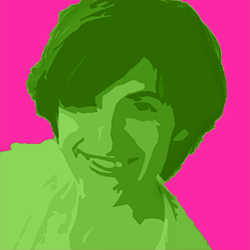 ER 2: Dynamically Structured Editions
ER 2: Dynamically Structured Editions
Linda Spinazzè | Maynooth | Introduction Post
Supervisor: Prof. Susan Schreibman
Host: National University of Ireland, Maynooth
Duration: 12 months
Start date: February 2015
Objectives:
- Investigation into new models for creating editions that are dynamically structured
- Explore methods and standards associated with standoff markup
- Apply these methods and standards to the Letters of 1916 project
Tasks and methodology:
- Understand the research goals of the Letters of 1916 project
- Development of a standoff approach to dynamically
- Development of a database to hold encoded text
- Integration of collation tool into VM framework
Planned secondments:
- UA, 3 months: Increase awareness of complexity of textual variance and existing solutions for its representation
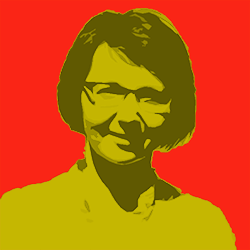 ER 3: Requirements for a publication infrastructure
ER 3: Requirements for a publication infrastructure
Magdalena Turska | Oxford | Introduction Post
Supervisor: Dr. James Cummings
Host: University of Oxford
Duration: 20 months
Start date: April 2014
Objectives:
- Creation of an index of tools for all stages of the production of digital editions to be complete by M18
- The submission of several feature requests for improvements to the TEI ODD meta-schema language where appropriate by M15
- The creation of a proof-of-concept digital edition that evinces the use of re-usable components for edition production and publication by M24
- Documentation of improvements to the oXygen-TEI framework completed by M27
Tasks and methodology:
- Survey the community for existing tools and publication frameworks, coupled with user requirements gathering
- Develop a model of reusable components for a publication infrastructure
- Where feasible implement proof-of-concept components for use in publishing digital editions
- Document and openly request improvements in the TEI ODD meta-schema language
- Further develop the oXygen-TEI framework
- Create a proof-of-concept digital edition based on the defined reusable components (in collaboration with SyncRO)
- Document and disseminate conclusions through knowledge exchange activities
Planned secondments:
- KCL, 3 months: Study of digital publication tools and frameworks
- SyncRO, 3 months: Develop enhancements for TEI-oXygen Framework
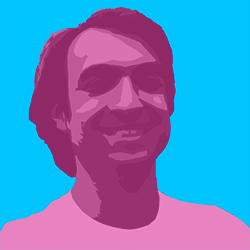 ER 4: Tool integration in the digital edition
ER 4: Tool integration in the digital edition
Gioele Barabucci | Cologne | Introduction Post
Supervisor: Dr. Patrick Sahle
Host: University of Cologne
Duration: 12 months
Start date: February 2015
Objectives:
- Study, assessment, evaluation, theorization of the integration and possible enhancement of tools in digital editions
Tasks and methodology:
- Case studies (empirical survey, methodological discussion, sketch for future developments, practical development and implementation) on single fields of tool integration in scholarly editions or editorial work environments, like:
- personalization
- rendering of text presentation
- image manipulation
- transcription
- annotation
- text analysis
- geocoding
- lexicon lookup
- services for the integration of external knowledge resources (e.g. controlled vocabularies, bibliographic data)
- Visualization of textual relations in scholarly editions using network analysis and visualization tools; connection of editions to tools like Voyant, Juxta-Commons or CollateX etc.
Planned secondments:
- KNAW, 3 months: Study of automated textual comparison approaches, adaptation and integration of selected technologies
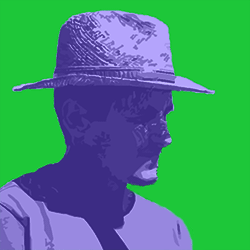 ER 5: Canonical reference & sustainability of digital editions
ER 5: Canonical reference & sustainability of digital editions
Roman Bleier | Graz | Introduction Post
Supervisor: Ass. Prof. Dr. Hubert Stigler
Host: Graz University
Duration: 12 months
Start date: April 2016
Objectives:
- While digital editorial products will change over time, it is crucial that scholarly editions are stable reference texts that embed in themselves established canonical reference systems and persistent identifiers (PIDs). The relationship between well established reference systems and technical PID systems will be explored in order to contribute to a common resolving infrastructure.
Tasks and methodology:
- Build a sample of non-digital reference systems and their specific intellectual context
- Compare them to digital persistent identifier systems: granularity, versions and alternative formats
- Describe a technical persistent identifier system necessary for digital editions as a contribution to a common resolving infrastructure
Planned secondments:
- TCD, 3 months: Study on aspects of technical sustainability of digital editions: data level, formats, architecture of tools, integration and interoperability, versioning and archiving
